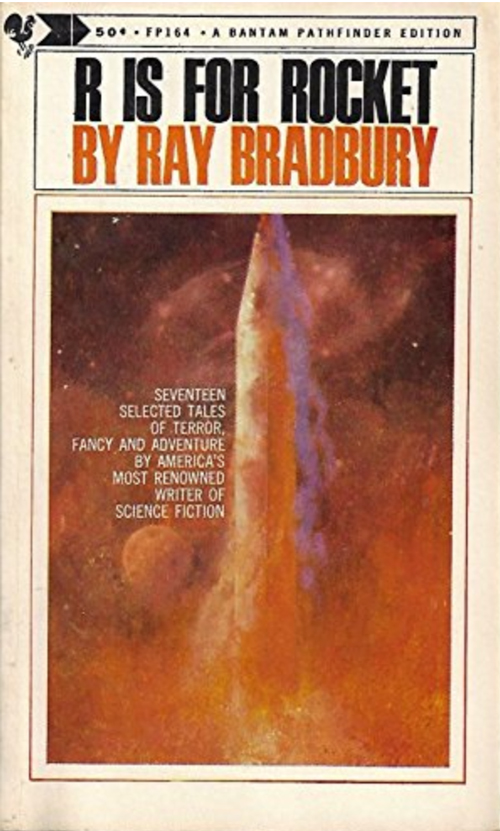Have you ever wondered what happens during Advisory? At The Storm King School, the advisory period is a time set aside for teachers and students to connect as they explore topics not usually covered in their academic classes. In these small groups, advisors get to know their students, monitor their academic progress, and gain valuable insight into each student’s development. Advisory is also a great time for students to have meaningful discussions with their peers.
This semester, Advisory has created an extra buzz across campus thanks to the selection of an overall Advisory Theme that is both current and timely–Emotional Intelligence in the Digital Age.
The 2023-24 Advisory Program kicked off with this year’s summer reading assignments for students and faculty based on this theme. “Given all of the controversy surrounding AI (artificial intelligence), this topic felt especially relevant. It also lent itself to a number of important supporting topics that we could weave into advisory meetings at each grade level throughout the year,” explained Dean of Faculty Jeremy Freeman who leads the School’s Advisory Program.
The 10th, 11th, and 12th grade classes, summer reading included the classic novel Frankenstein by Mary Shelley–a 19th-century horror and science fiction tale which portrays the moral complexity that surrounds scientific progress. Likewise, the 8th and 9th graders read Ray Bradbury’s collection of science fiction short stories, R is for Rocket. After reading the assignments, the students were asked to contemplate the question “How do we define what makes humans human and different from AI/machines” before coming to school in the fall.
Upon their arrival, both the students and teachers were eager to discuss and debate their thoughts on the books they read and the theme of technology juxtaposed with humanity. “During the first few Advisories of the year, the groups examined Victor, the mad scientist who created something he couldn’t handle nearly 200 years ago, and how the story is still relevant today,” continued Mr. Freeman. “Once students developed their understanding of the theme, Advisory groups were prompted in subsequent weeks with additional questions designed to spark further discussion and expansion of the topic; and allow them to have fun with it, too.”
“I have been very impressed with the spontaneous ideas and feedback that have been coming out of our Advisory groups so far,” explained Mr. Freeman. “I think this underlying message of not being prepared for technological advances is extremely relevant to today’s world. By drawing parallels and heeding the lessons from Frankenstein, AI developers and society can navigate the complex landscape of AI implementation with greater humility, empathy, and ethical responsibility; ensuring that technology remains a force for positive change rather than a modern-day monster. Our students will be experiencing these outcomes firsthand in the real world.”
Student Reflections:
“Humans can feel emotion where AI can only imitate emotions.”
“We feel emotion. Computers don’t. We can be empathetic. Computers cannot. We are conscious. Computers are not.”
“Humans are multifaceted – they have empathy, flexibility, [ability to consider] nuance, and establish relationships/connections.”
“AI can do work that humans cannot do based on the amount of computing needed, such as social media algorithms. Humans should protect creative work and not let AI do that work.”


